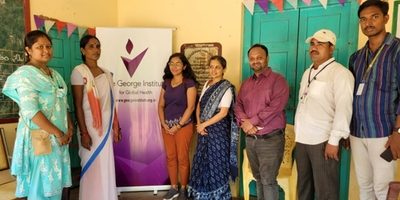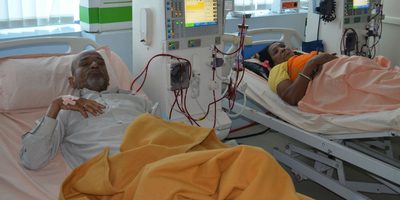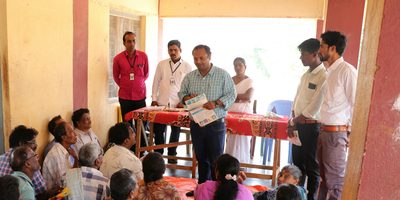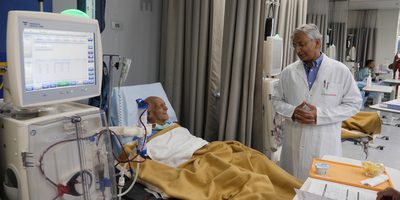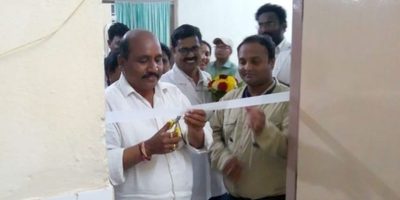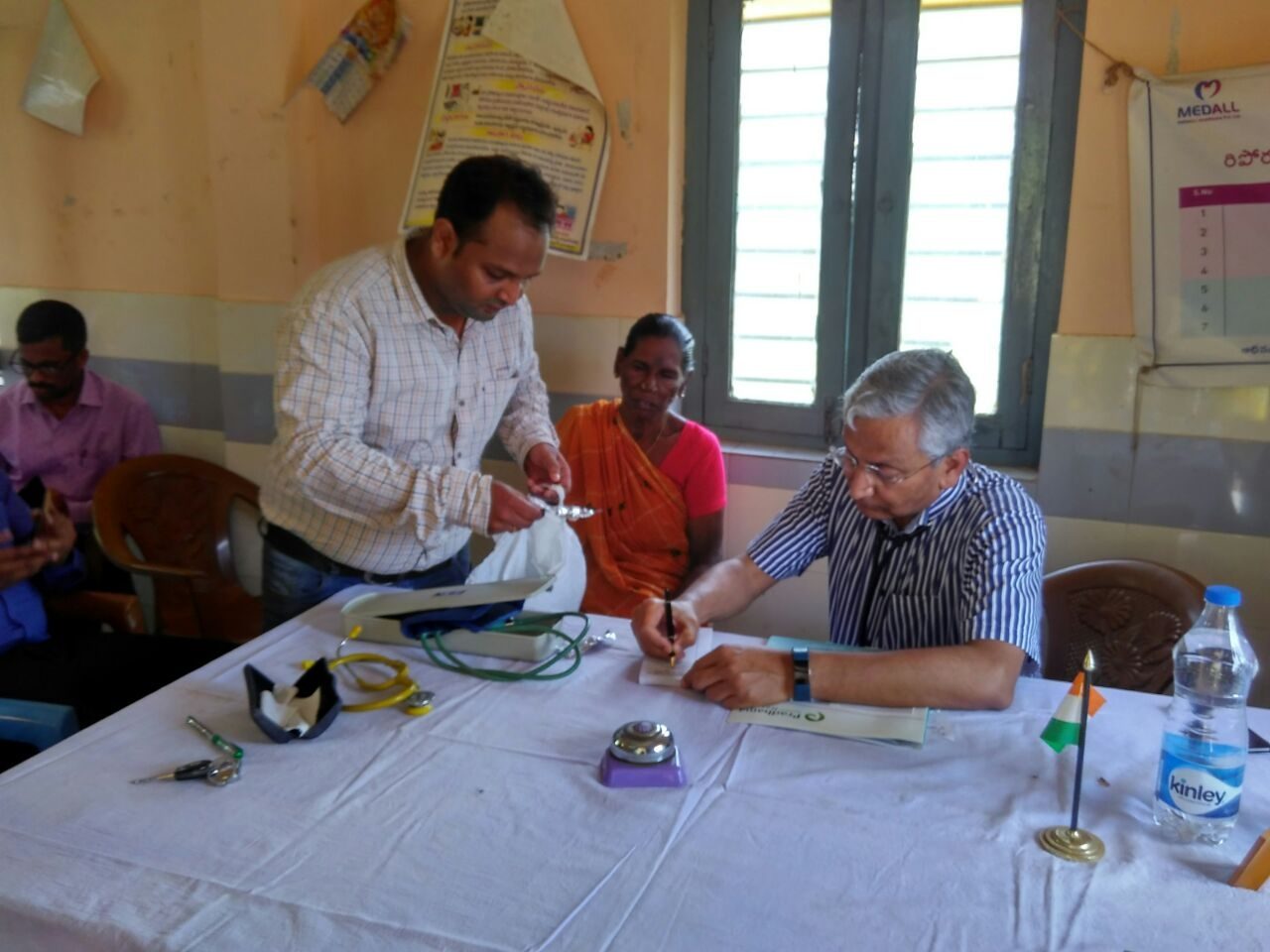
STOP CKDu : Study to test & operationalize preventive approaches for CKDu in AP
The STOP CKDu study is aimed at addressing all aspects of the problem – estimate the disease burden using rigorous scientific methodology and sociological tools, undertake an environment mapping and additional investigations as needed
Background :
Chronic kidney disease (CKD) is an important contributor to the non- communicable disease burden. The major consequences of CKD include loss of kidney function leading to end-stage renal disease (ESRD), accelerated cardiovascular disease (CVD) and deaths. In India, CKD is now ranked at #8 in the the top ten causes of death list. A recent analysis from the Million Deaths Study showed a doubling of deaths due to CKD in India from 2003 to 2013. Importantly, the study documented significant geographic variations, with a sharper rise in the Southern and Eastern states of India. Diabetes, chronic glomerulonephritis and hypertension are the commonest known etiological categories of CKD in India. Importantly, CKD of unknown etiology was the second largest contributor of the CKD burden.
In recent years, there have been multiple reports of high prevalence of CKD amongst the rural communities of coastal Andhra Pradesh, most notably the "Uddanam" region of Srikakulam district. The affected individuals have been described as young males in the age group of 20 to 40 years. The disease presents with very few symptoms and progresses insidiously. The cause, if any, for this condition is not known. Drinking water has been often implicated in the genesis of this condition, any proof, however, is lacking.
The Government of Andhra Pradesh after reviewing the problem of high burden of Chronic Kidney Disease in the Uddanam area constituted an Expert Committee to study the details of the population afflicted with chronic kidney disease of unknown origin (CKDu). The committee was entrusted with the task of estimating prevalence of the disease, suggest various interventional measures to contain and control the problem and evolve research strategies to find out the causes resulting in CKDu, specifically in these areas of the district.
In response to the directions received from the Government of India, Director-General, Indian Council for Medical Research (ICMR) & Secretary, Department of Health Research, Govt. of India also constituted a team of experts to review the issue of Chronic Kidney Disease of unknown etiology (CKDu) in Srikakulam. Realising the need for focused research, ICMR in partnership with the Government of Andhra Pradesh launched the ‘Grand Challenge’ for root-causing the etiology of high incidence of CKDu including compilations of interventions for general improvement of health conditions.
The ICMR-Govt. of AP Grand Challenge project was awarded to The George Institute for Global Health for the “Study to Test, Operationalize Preventive approaches for CKDu in AP : STOP CKDu.
Aims and objectives of the study
The STOP CKDu study is aimed at addressing all aspects of the problem – estimate the disease burden using rigorous scientific methodology and sociological tools, undertake an environment mapping and additional investigations as needed.
The study also aims to establish the etiology, natural history, economic consequences of chronic kidney disease of uncertain etiology (CKDu) and develop evidence guided interventions for general improvement of health conditions in the high CKDu incidence areas of Andhra Pradesh.
The implementation of the study would be monitored through a Scientific Technical Advisory Group (TAG) constituted by ICMR and the Government of Andhra Pradesh, the scientific advisory group will review the progress and provide technical guidance to the study team on a quarterly basis.
The STOP CKDu study is led by Professor Vivekanand Jha, Professor of Nephrology at Oxford and the Executive Director of The George Institute in India. He is also the President Elect of the International Society of Nephrology. The environmental analysis for the study is being undertaken by The Energy and Resources Institute (TERI).
The STOP CKDu study is being implemented in 3 Phases.
In Phase I:
- Qualitative study (Focused Group Discussions and In-depth Interviews) would be conducted for exploring the perceptions regarding the pattern of care and disease prevalence within the community members.
- A quantitative study involving house to house survey to evaluate the prevalence and pattern of CKD in the affected regions, those with reduced eGFR but without diabetes, hypertension or proteinuria in each population (CKDu).
In Phase II:
- Incidence will be determined in the study population along with rate of progression and associated factors with progression of CKD. This phase will include a longitudinal follow up of the entire cohort which was survey in phase 1.
- The ground work for establishing etiological factors for CKDu will also be carried out in this phase. Environmental sample collection to identify potential factors contributing to the aetiology will be undertaken.
- A technology assisted clinical decision support for CKD screening and management using international and national guidelines will be implemented
- Health-economic analysis to estimate the economic impact on the affected families due to CKDu
Phase III
- Depending on the study findings and establishment of familial clustering, genetic analysis will be undertaken to determine any predisposing genetic or epigenetic factors.





